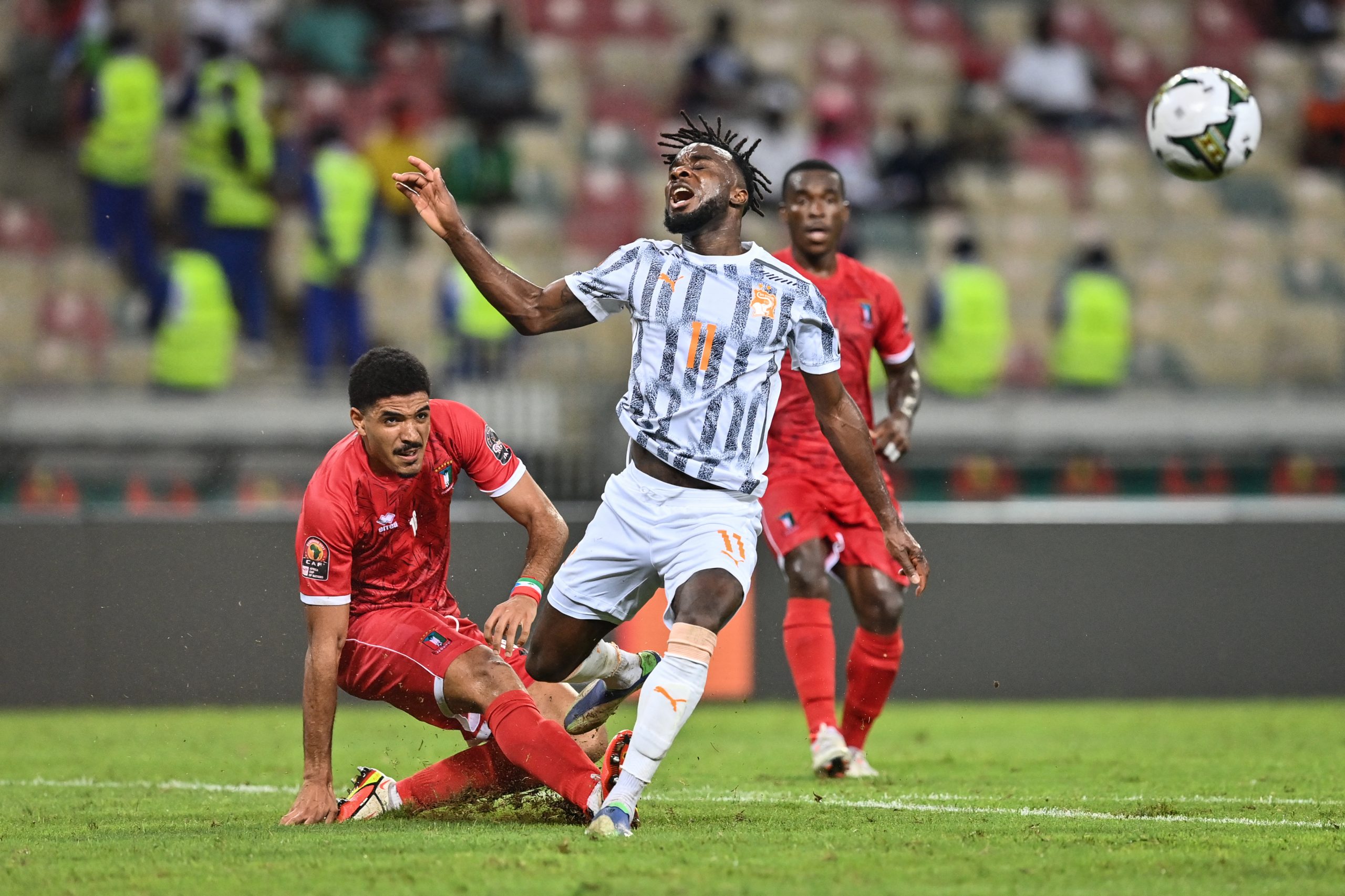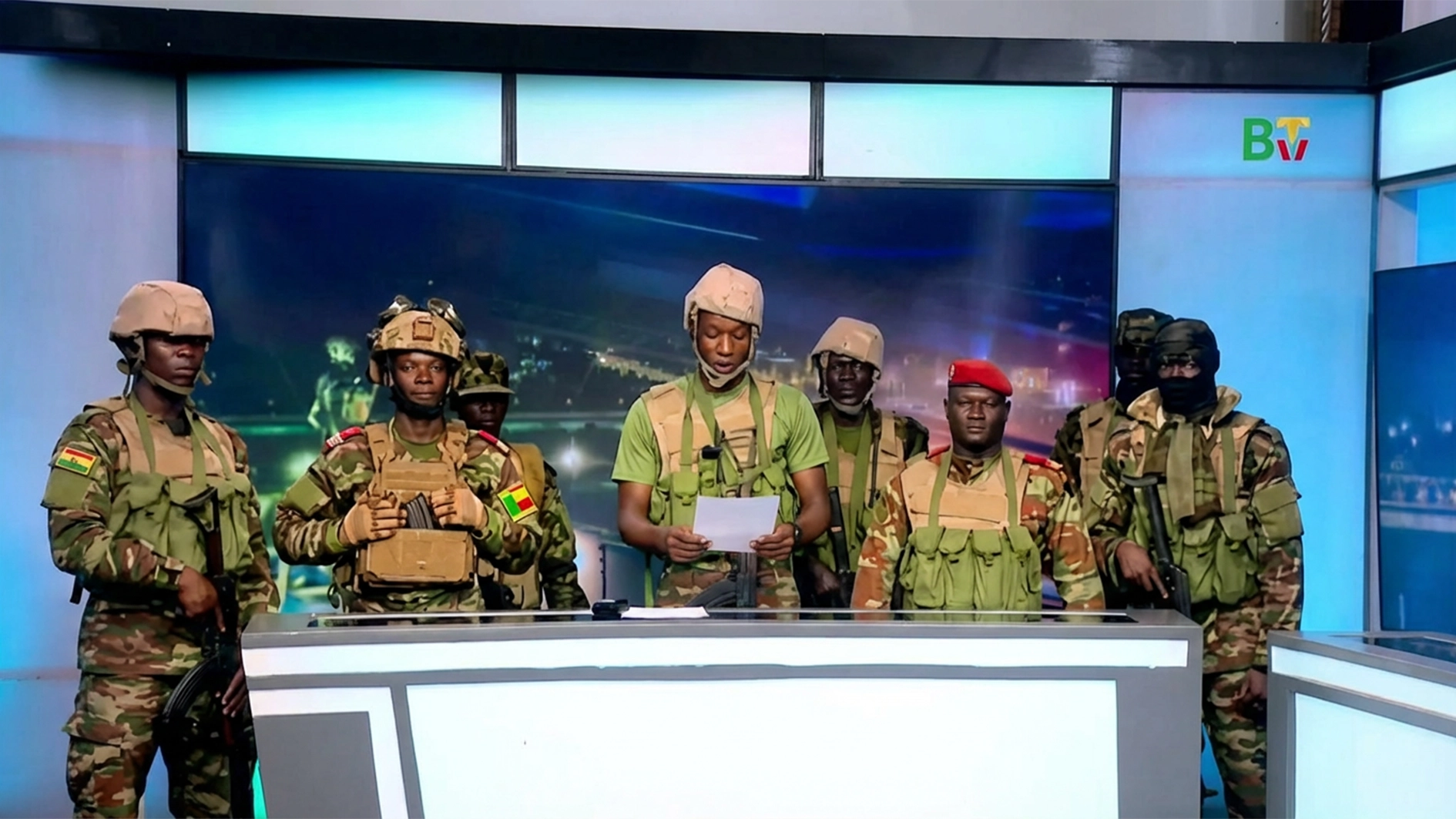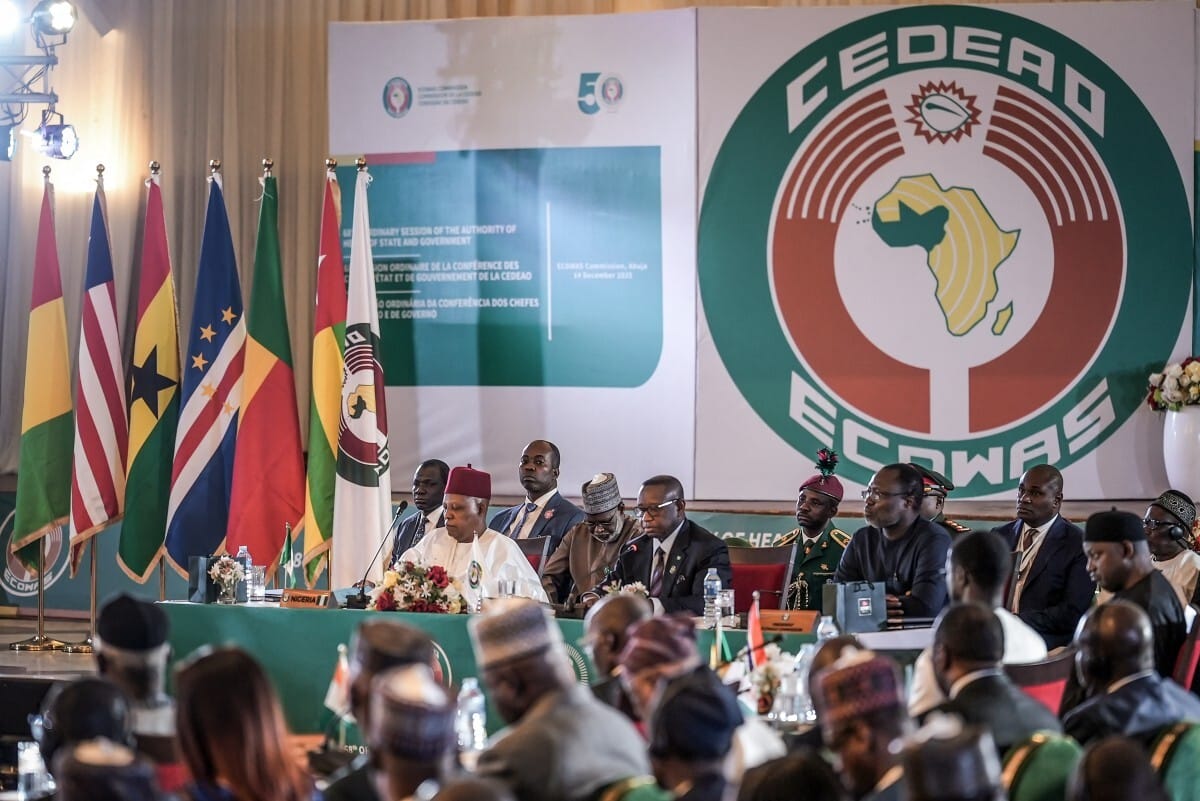[dailymotion code=”k2sx01O7aAqs2mxxiyY” autoplay=”yes”]
Due to growing calls for French troops to demobilise, France has kept to its promise of suspending military cooperation with Mali. Its troops have already left the military base at Timbuktu, where they were posted since the place was liberating the area from Islamist militants in 2013.
The move is part of a reorganisation of Operation Barkhane, already announced by the French president, Emmanuel Macron, in June, which aimed at removing its 5,100-strong force that battled jihadists in the Sahel since they entered Mali.
The Kidal and Tessalit bases were handed over to the Malian army in October and November last year, respectively.
The French troops first set up a base there, when the city, along with several others in northern Mali, was liberated in 2013. Then-French president, Francois Hollande, visited Timbuktu the day after its liberation.

Barkhane’s representative in Mali, General Etienne du Peyroux, said the handing over of Timbuktu’s military base to Gao, which will now serve as Operation Barkhane’s northern base, is not an abandonment.
According to him, it is in fact, the goal of Operation Barkhane, to allow Mali to take its destiny into its hands.
The withdrawal of troops, however, has left with mixed reactions in Mali, especially in the minds of Mohamed El Bashir, president of Timbuktu’s municipal youth council, who said, “withdrawing Barkhane troops from Timbuktu will make the region less secure.”
“It’s not the same feeling here,” he said, “because the people in Bamako don’t live what we’re living here in Timbuktu. What we’re living here, people in Bamako aren’t living. They should come here, and we will go to Bamako, and they can ask that Barkhane leave, then they will understand. That’s the reality.”
Large protests in Bamako have called for the departure of French troops, with popular sentiment in the capital favouring a potential Russian intervention in Mali.
French forces have been gradually withdrawing from the region, despite ongoing fighting with militants that threatens stability.
“What we’ve seen is not just random acts of violence under a terrorist banner but a deliberate campaign that is trying to bring these various groups under a common cause,” Brig. Gen. Dagvin Anderson, head of the U.S. military’s Special Operations arm in Africa, told The Washington Post in February. “That larger effort then poses a threat to the United States.”
Since 2013, Mali has weathered two more coup d’etats. Violence and killings have increased and moved further south into the country’s centre.
After weeks of street protests against perceived corruption and the government’s handling of a years-long conflict with armed groups, a coup in August 2020 ousted former President Ibrahim Boubacar Keita.
Colonel Assimi Goita has since led the nation.
Goita pledged Mali would return to civilian rule after holding presidential and legislative elections in February this year, but that plan is now threatened after a four-day National conference, which was held over the weekend, recommended a five-year delay for return to democracy in Mali.
Already, a major coalition of political parties named the National Committee for the Salvation of the People (CNSP) has rejected the military-dominated government’s plan to extend a transition period for up to five years before the country returns to democratic rule.
The opposition group said the ‘unilateral and unreasonable’ timetable was in violation of the transition charter ‘and cannot in any way be the deep desire of the Malian people.
In a recent development, Mali has recalled its ambassadors and closed its borders with West African nations.
This decision came after ECOWAS announced tough sanctions on the ruling junta.
Mali’s ruling junta said it “strongly” condemned “illegal” sanctions imposed on the country by ECOWAS.
In a statement read on national television, the military regime’s spokesman Colonel Abdoulaye Maiga announced the recall of Bamako’s ambassadors to the West African nations involved and the closure of air and land borders with them.
ECOWAS and the West African Economic and Monetary Union (UEMOA) on Sunday imposed a range of economic and diplomatic measures against Mali, including border closures and a trade embargo, saying the junta’s intention to remain in power for several more years was ‘totally unacceptable.
The meeting in Ghana of regional leaders followed months of increased tensions over the timetable for restoring civilian rule in Mali after two coups and a military takeover.
“The government of Mali strongly condemns these illegal and illegitimate sanctions,” said the junta’s statement. It accused ECOWAS and UEMOA of being ‘exploited by extra-regional powers with ulterior motives.
The junta said it “deplores the inhuman nature of these measures which affect populations already severely affected by the security and health crisis.”
Associate Professor, Nigerian Institute of International Affairs (NIIA), Joshua Bolarinwa, reacting to the exit of French troops, said that Mali has been on France radar as the latter has been making efforts to disengage from the country, adding that the coup that brought the current interim president, Goita’ angered France, because it was an extension of the increasing radicalisation of the Sahel.
Giving context to the unfolding event, he said that while the majority of the population reside in the south, Tuareg and Arab groups in the sparsely populated north rebelled against the government in 1963, 1990, and 2006, attempting to gain autonomy for the region they named Azawad.
He said, “By implication, there is a problem that all terrorist groups are taking over the countries around Sahel, which covers Economic Community of West African States (ECOWAS), Economic Community of Central African States (ECCAS), Mauritania, Algeria and Libya.”
According to Bolarinwa, immediately Goita became Head of state, Azawad leaders paid courtesy visits to him twice. By implication, he said they are guiding and supporting the coup.
He explained that the incursion of Russia into the Sahel, particularly in Mali and Central Africa Republic (CAR) where it has offered its support and committed to supplying arms to Mali has left France feeling uncomfortable.
“France withdrawal of troops from Timbuktu is a result of a long provocation against the current Malian government owing to its partnership with Russia. Russia is succeeding in Mali now and by extension, they may move into Cameroun, Chad, Niger and Nigeria,” he said.
He called on ECOWAS, ECCAS and AU to act fast and make a strong point.
Bolarinwa noted that Timbuktu and Gao are ancient cities that have implications for the survival of Mali.
Lecturer, Lead City University, Prof. Alaba Ogunsanwo, said that the exit of the troops is no concern to Africa, noting, “Mali has the ability to consider its own security interests first above any other nation.” Ogunsanwo said that the foreign nations also take actions based on their national interest.
He noted that France is tired of the partnership between Mali and Russia. If the government is no longer interested, it can tell them to go.
President, Bolytag Centre for International Diplomacy and Strategic Studies (BOCIDASS), Prof. Bola Akinterinwa, said the news was met with mixed reactions of happiness and unhappiness.
The latter, because Mali has succeeded in compelling France to move away, adding that France has been there for more than two decades and the army has not succeeded in bringing terror to an end and unhappiness for France because they have different strategic interests to protect and maintain.
“They argue that they have been victims of rape, aggression, and others, engendered by the fact that they have a French Military designation,” Akinterinwa explained.
He added that the issue of mining in Mali, for instance, is of critical importance to France.
According to him, during the tenure of Prof Bolaji Akinyemi as Minister of Foreign Affairs, the people of Mali were divided and there was need for a regional intervention in the country.
Akinyemi was sent on a peacekeeping mission but they didn’t want such intervention, which they perceived as Anglophone intervention. This instance is to show that there was a time the French was wanted and the time has come when they are no longer wanted.
Akinterinwa noted that France would need to restrategise as Mali is now compelled to face terrorism on its own.
He, however, said that the result of this move is not limited to Mali but other African countries where terrorism is flowering.






